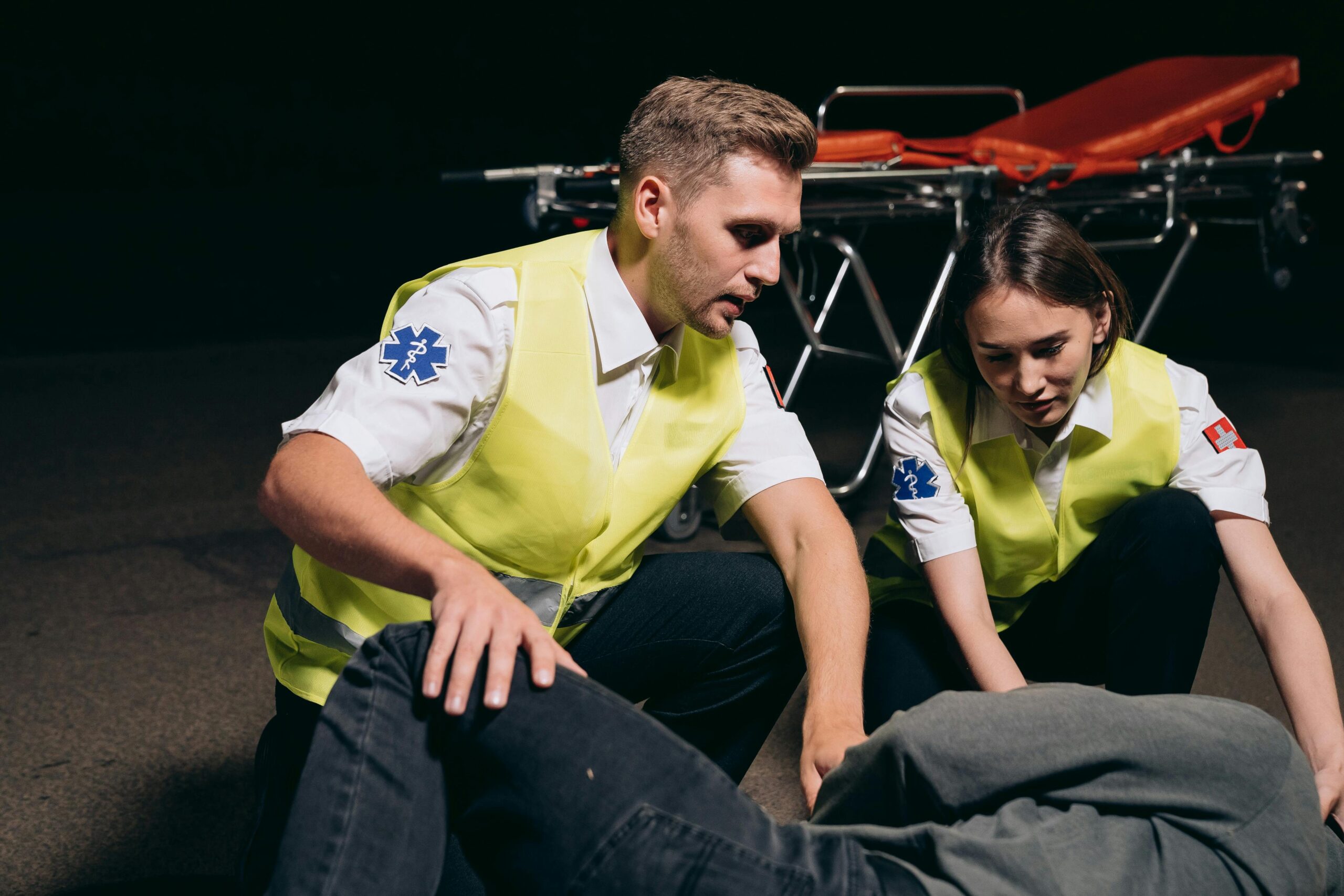When we think of injury, our focus often shifts to physical pain, recovery, and rehabilitation. However, the impact of physical injuries often extends beyond what the eye can see. Physical injuries and mental health are deeply interconnected, influencing one another in significant ways. Understanding this link can play a crucial role in managing both the physical and emotional aspects of recovery.
How Physical Injuries Can Affect Mental Health
Recovering from a physical injury can be a challenging and stressful process. The sudden change in lifestyle, reduced mobility, and the uncertainty of recovery can take a toll on a person’s mental well-being. Here are some common ways that physical injuries can impact mental health:
- Increased Anxiety: After an injury, it’s normal to experience anxiety about your recovery or fear of reinjury. For some, these feelings can become overwhelming, affecting sleep patterns and daily activities.
- Depression: The loss of physical abilities, even temporarily, can lead to feelings of sadness or hopelessness. For those whose identity or hobbies are closely tied to physical activity, injuries can be particularly difficult to cope with, sometimes resulting in depression.
- Chronic Pain and Mental Health: Long-term or chronic pain following an injury can significantly impact mental well-being. The frustration of ongoing pain and limitations can lead to irritability, mood swings, or a sense of isolation.
- Social Withdrawal: Limited mobility due to an injury can make it challenging to participate in social activities, leading to feelings of loneliness or isolation. Over time, this can exacerbate anxiety and depression.
How Mental Health Impacts Physical Recovery
Just as physical injuries can affect mental health, a person’s mental state can influence their recovery from physical injuries. A positive mental outlook can be a powerful tool during rehabilitation, while unresolved emotional struggles can create additional challenges. Here’s how mental health plays a role in physical recovery:
- Positive Mindset and Healing: Optimism and resilience have been shown to aid in faster recovery from injuries. People who maintain a positive outlook are often more engaged in their physical therapy and rehabilitation, leading to better outcomes.
- Stress and Recovery: Chronic stress can slow down the healing process by affecting the immune system and increasing inflammation in the body. High stress levels can make it more challenging for your body to repair itself, prolonging recovery time.
- Depression and Motivation: When someone is struggling with depression, finding the motivation to follow through with physical therapy or take prescribed medication can be difficult. This can delay progress and make recovery feel more daunting.
- Mind-Body Connection: Techniques like mindfulness, meditation, and breathing exercises can help manage pain perception and reduce the mental burden of injury. By focusing on the mind-body connection, many people find a more balanced approach to healing.
Seeking a Holistic Approach to Recovery
Given the connection between physical injuries and mental health, it’s important to adopt a holistic approach to recovery. This means addressing both the physical and emotional aspects of healing to achieve better outcomes. At Keys Behavioral Health, we believe in treating the whole person, not just the injury. Our team of experienced therapists can provide support during the mental challenges of recovery, helping you regain both physical and emotional strength.
How to Support Mental Health During Physical Recovery
If you’re recovering from a physical injury, there are steps you can take to maintain your mental well-being during the process. Here are some practical strategies:
- Stay Connected: Maintain social ties, even if your mobility is limited. Virtual calls with friends, joining online support groups, or staying connected with loved ones can help combat feelings of isolation.
- Focus on Small Wins: Celebrate small achievements during your recovery journey. Acknowledge the progress you make, no matter how small it may seem. This can help maintain a sense of purpose and hope during the process.
- Practice Self-Compassion: It’s easy to become frustrated with yourself during a difficult recovery. Practice self-compassion and remind yourself that healing takes time. Treat yourself with the same kindness and understanding that you would offer to a friend.
- Consider Professional Support: If you’re feeling overwhelmed by the mental strain of your injury, consider speaking with a therapist. At Keys Behavioral Health, we offer both in-person and virtual mental health services, providing a space for you to navigate the emotional challenges of recovery with professional guidance.
Why Choose Keys Behavioral Health?
At Keys Behavioral Health, we understand that mental health and physical well-being are closely linked. Our team is dedicated to providing you with the support and tools needed to manage the emotional toll of physical injuries. Whether you’re struggling with anxiety, depression, or just need a safe space to talk through your challenges, we’re here to help. Our therapy services are tailored to meet your individual needs, available both virtually and in-person to ensure that you have access to care wherever you are.
